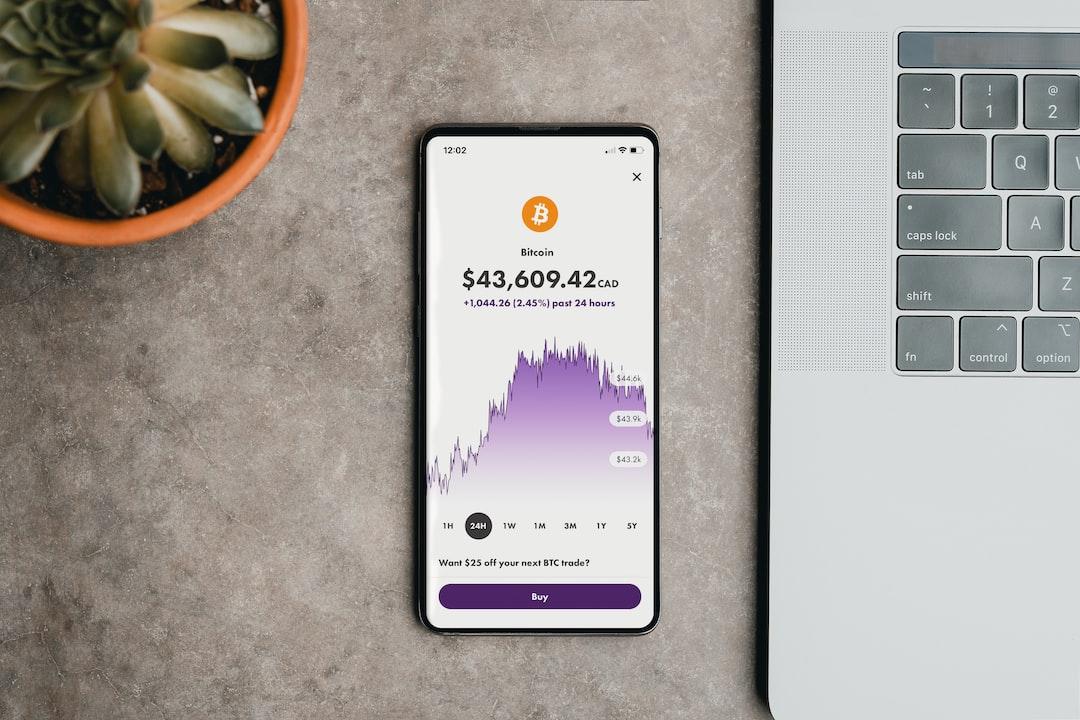
Frank
Franklin Templeton, a prominent investment firm, is actively monitoring five key areas within the Bitcoin (BTC) ecosystem. The firm has expressed optimism about recent developments, especially since the approval of BTC exchange-traded funds (ETFs) earlier this year.
Specifically, Franklin Templeton is keeping a close watch on Bitcoin layer-2 solutions, restaking/native yield protocols, Bitcoin ordinals, decentralized finance (DeFi) platforms including runes, and BTC’s OP_CAT proposal.
Bitcoin ordinals enable users to embed digital data like images and videos into a single satoshi, the smallest unit of BTC, effectively creating non-fungible tokens (NFTs) on the Bitcoin network.
Runes, a protocol aimed at enhancing the efficiency of creating fungible tokens on Bitcoin, is also under scrutiny by Franklin Templeton.
OP_CAT, a scripting feature proposed by Bitcoin’s creator Satoshi Nakamoto in 2010 and now revived through a Bitcoin Improvement Proposal (BIP), enhances Bitcoin’s scripting capabilities. According to OKX, OP_CAT facilitates the combining of data into a single output, streamlining transactions and enabling the development of intricate smart contracts.
Additionally, Franklin Templeton is actively monitoring developments within the Ethereum (ETH) ecosystem. Investing in ETH represents a stake in the expansive Ethereum blockchain, the largest decentralized ecosystem. The firm is particularly interested in ongoing innovations across Ethereum’s modular stack, including parallel execution, restaking primitives, alternative data availability, and the utilization of blobs post EIP 4844.
Parallel execution allows the Ethereum network to process multiple transactions simultaneously, contributing to scalability efforts, as noted by CoinGecko.
According to Ethereum.org, data availability refers to ensuring that necessary data for block verification is accessible to all network participants. Caldera, a rollup deployment platform, highlights alternative data availability as maintaining relevant data in a separate layer accessible to blockchains.
Etherscan explains that “blobs” are dedicated storage spaces designed to reduce transaction fees.
Franklin Templeton’s keen interest in these areas underscores its commitment to staying informed about the latest advancements in both the Bitcoin and Ethereum ecosystems, positioning itself strategically within the evolving landscape of digital assets and blockchain technology.














